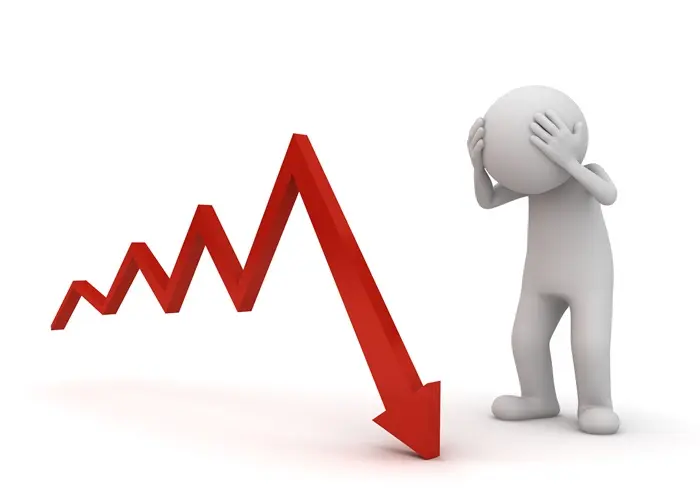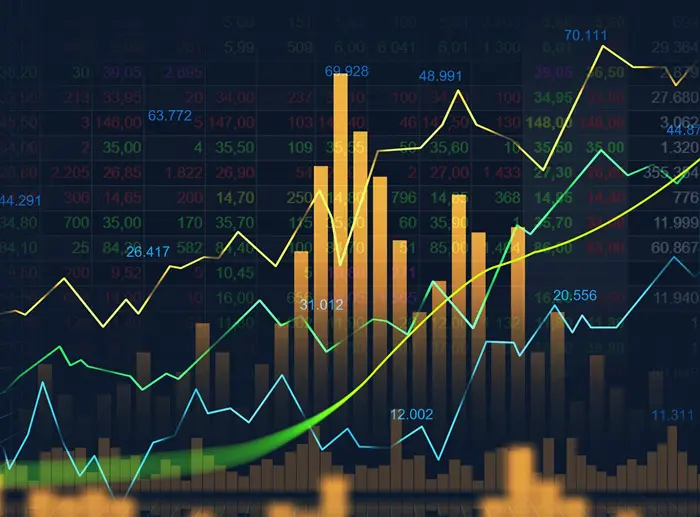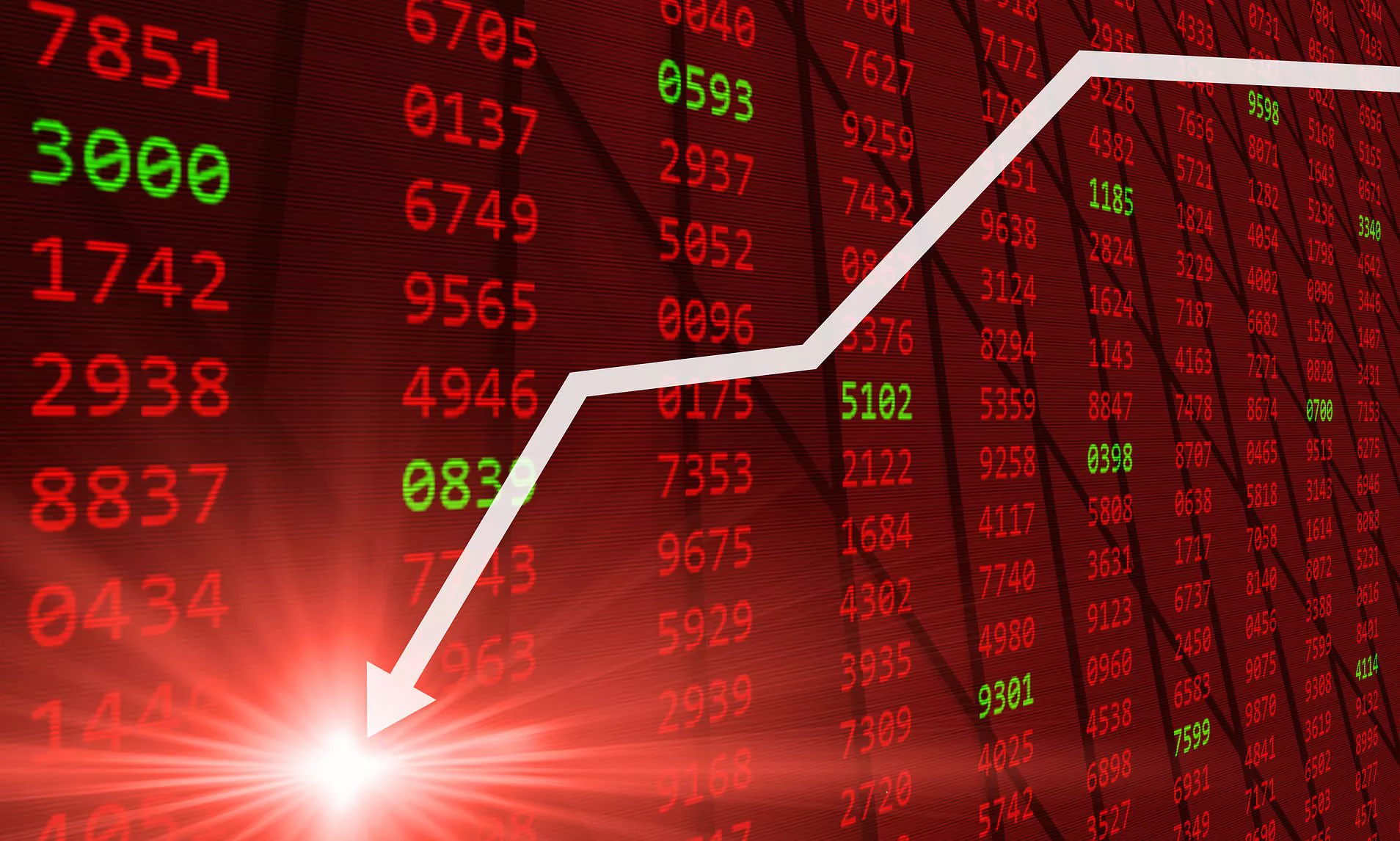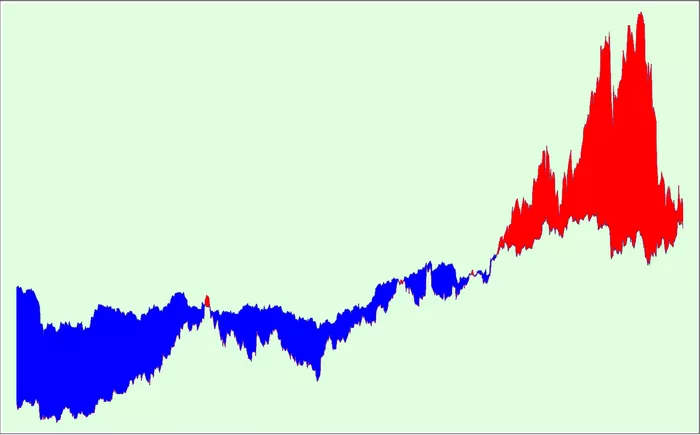The Consumer Price Index (CPI) is one of the most widely followed economic indicators. It measures the average change over time in the prices paid by urban consumers for goods and services. As such, CPI offers critical insights into inflation trends and is closely monitored by investors, analysts, and policymakers alike. But how does CPI affect stocks, and why should investors care? This article will explore the relationship between CPI and stock market performance, helping you understand how inflation data can influence investment decisions.
Introduction: What is CPI?
Before diving into how CPI affects stocks, it’s important to understand what CPI measures and how it is calculated. The Consumer Price Index is a broad measure of the prices of consumer goods and services, including food, housing, clothing, transportation, and medical care. In essence, CPI tracks changes in the cost of living and is used to gauge inflation.
The U.S. Bureau of Labor Statistics (BLS) publishes CPI data on a monthly basis. It is widely regarded as one of the most important economic indicators in determining inflation levels. When CPI rises, it signals that prices are increasing, often pointing to inflationary pressure in the economy. Conversely, when CPI falls or remains stable, it suggests that inflation is low or under control.
Now that we have a basic understanding of CPI, let’s explore how it can influence the stock market.
How CPI Affects Stocks: Understanding the Link
The CPI has a significant influence on the stock market because inflation, as reflected by CPI data, can impact the cost of doing business, consumer behavior, and interest rates. All of these factors can affect corporate earnings and, in turn, stock prices.
1. The Impact of Inflation on Corporate Earnings
One of the primary ways CPI affects stocks is through its impact on corporate earnings. When inflation rises, it typically leads to higher costs for businesses. These increased costs may come in the form of higher wages, rising raw material prices, or increased transportation costs. Companies often struggle to pass these higher costs on to consumers, especially if consumer demand is weak.
As a result, when CPI rises, it may signal higher inflation, which can squeeze corporate profit margins. In turn, this may cause stock prices to fall, particularly for companies that rely heavily on consumer spending or have low pricing power.
Conversely, if CPI data shows inflation is under control or falling, businesses are less likely to face significant cost pressures, which can support profit growth and ultimately lead to higher stock prices.
2. CPI and Interest Rates: A Crucial Relationship
The relationship between CPI and interest rates is one of the most important factors affecting the stock market. Central banks, such as the Federal Reserve in the United States, use interest rates as a tool to control inflation. When CPI shows that inflation is rising too quickly, central banks may raise interest rates to cool down the economy and prevent runaway inflation. This can have a significant impact on stocks.
How Rising Interest Rates Affect Stocks
Higher interest rates make borrowing more expensive for consumers and businesses. As a result, consumer spending may decline, and businesses may delay or cancel expansion plans. The cost of financing for companies also increases, which can reduce their profitability. In the stock market, higher interest rates generally lead to lower stock prices, particularly in sectors such as real estate, consumer discretionary, and technology, where companies rely on borrowing.
Furthermore, rising interest rates tend to make bonds more attractive relative to stocks. As bond yields rise, investors may shift their money out of the stock market and into fixed-income securities, which can further drive down stock prices.
How Falling Interest Rates Affect Stocks
On the other hand, when CPI shows that inflation is low or declining, central banks may lower interest rates to stimulate economic activity. Lower interest rates make borrowing cheaper, which can encourage consumer spending and business investment. This, in turn, can boost corporate earnings and drive stock prices higher.
In this environment, stocks tend to perform better as lower interest rates also reduce the cost of capital for companies. Additionally, lower rates make bonds less attractive, which often leads investors to seek higher returns in the stock market.
3. CPI and Consumer Behavior: The Impact on Stock Prices
Consumer spending is a major driver of the economy, and changes in CPI can influence how consumers behave. When CPI rises, signaling inflation, consumers may experience a decrease in their purchasing power. This is especially true if wage growth does not keep up with rising prices. When consumers cut back on spending, businesses may see lower demand for their products and services, which can negatively affect their earnings.
For example, companies in the retail, restaurant, and travel industries may face declining sales as inflation reduces consumer spending. This can lead to lower stock prices for companies in these sectors.
However, if CPI data shows that inflation is under control and prices are stable, consumers are more likely to feel confident in their spending. This can help drive demand for goods and services, boosting corporate earnings and stock prices.
4. CPI and Market Volatility
CPI data can also contribute to market volatility, especially when the figures deviate from analysts’ expectations. If CPI comes in higher than expected, investors may fear that inflation is accelerating and that central banks will raise interest rates more aggressively. This can lead to a sell-off in the stock market, particularly in high-growth sectors that are more sensitive to interest rate changes.
On the other hand, if CPI is lower than expected, investors may interpret this as a sign that inflation is under control, leading to optimism in the stock market. This can cause stocks to rise, particularly those in cyclical industries that benefit from lower rates and stronger consumer spending.
5. CPI’s Role in Long-Term Stock Trends
While CPI can lead to short-term volatility in the stock market, its long-term effects are also significant. Inflation, as reflected by CPI, can erode the purchasing power of consumers over time, which can affect the long-term profitability of businesses. For example, if inflation is consistently high, businesses may struggle to maintain profit margins as the cost of doing business rises.
On the other hand, low and stable inflation, as indicated by a moderate CPI, can create a favorable environment for long-term economic growth. This can lead to higher corporate earnings and higher stock prices over time.
Investors who are focused on long-term trends may use CPI data to assess the overall health of the economy and make decisions about their stock portfolio. For example, if CPI consistently shows low inflation, an investor may feel more confident in holding stocks for the long term, as the risk of eroding corporate profits is lower.
How to Use CPI Data in Your Investment Strategy
Understanding the relationship between CPI and stocks can help you make more informed investment decisions. Here are some strategies for using CPI data to guide your stock market investments:
1. Monitor CPI Releases
Keep an eye on monthly CPI reports to stay informed about inflation trends. CPI is released on a regular schedule, so you can anticipate when new data will be available. Watch for significant deviations from expectations, as these can lead to increased market volatility.
2. Adjust Your Portfolio Based on Inflation Trends
If CPI data shows rising inflation, consider adjusting your portfolio to minimize exposure to sectors that may be negatively impacted by inflation, such as consumer discretionary, real estate, and utilities. You may want to increase your allocation to sectors that tend to perform better in an inflationary environment, such as materials, energy, and financials.
3. Focus on Dividend Stocks
In an inflationary environment, dividend-paying stocks can be an attractive investment choice. These stocks can provide a steady income stream, which can help offset the impact of rising inflation. Additionally, many dividend-paying companies have strong fundamentals and may be better able to weather inflationary pressures.
4. Look for Stocks with Pricing Power
Companies with strong pricing power can often pass on higher costs to consumers, maintaining their profit margins even in the face of rising inflation. Look for companies that have a loyal customer base, strong brand recognition, or unique products that give them the ability to raise prices without losing demand.
5. Consider Inflation-Protected Securities
Some investors may choose to invest in inflation-protected securities, such as Treasury Inflation-Protected Securities (TIPS), which are designed to rise in value with inflation. While TIPS are not stocks, they can be a useful tool for hedging against inflation and protecting the value of your investment portfolio.
Conclusion
In summary, CPI plays a crucial role in shaping stock market performance. Inflation, as reflected by CPI data, affects corporate earnings, consumer behavior, interest rates, and overall market volatility. When inflation rises, it can lead to higher costs for businesses and reduced consumer spending, which can negatively impact stock prices. On the other hand, low and stable inflation can provide a favorable environment for business growth and stock price appreciation.
By understanding how CPI influences the stock market, investors can make more informed decisions and adjust their portfolios based on inflation trends. Monitoring CPI data, adjusting your investments, and focusing on sectors with strong fundamentals can help you navigate the complexities of the stock market and build a more resilient investment strategy.
Related topics:


























